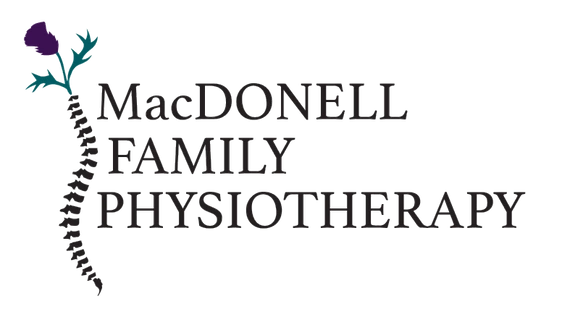PHYSIO TALK: TALKING BACKPACKS!

BACK to SCHOOL Doesn’t Have to be Painful! Talking: Backpacks
Fall is here and that means back to school! Before you run out to get that must have trendy backpack here are some considerations to help you choose the right backpack for your child and keep them pain-free, as well as stylish, this fall!
On average, elementary school-age children’s backpacks can weigh up to 10lbs while high school students may carry loads of up to 20lbs! The American Paediatric Association recommends that a backpack not exceed 10% of one’s body weight or 5% when considering children 9 years of age or younger.
A bag that is too heavy or ill-fitting will place too much stress on their developing bodies, causing pain and potentially longer term damage. It may also encourage poorer posture/positioning and place additional stress on back, shoulders and arms.
Here are some quick tips to help with backpack fitting:
- The bag should be no wider than the child’s back
- Shoulder straps should be padded and adjustable and at least 2 inches thick. They should not restrict arm movement or hurt the shoulders
- A padded back will help to reduce tension
- The back of the backpack should be as close to the child’s back as possible
- Backpacks with multiple pockets allow weight to be distributed evenly rather than concentrated and sagging down in the middle past the belt line
- Ideally, chest straps and waist strap keep the bag close to the body, and distribute the load so shoulders are less burdened
- Place heavier objects in the back/middle of the bag and lighter objects at the front
- Backpacks should be carried on both shoulders to balance the weight distribution. Messenger bags might look fashionable but they concentrate all the weight onto one shoulder and may lead to pain
- Try to adhere to the 5% rule and ask children what items are absolutely essential!
As everyone’s situation is unique always consult a registered health professional to help create a management plan that’s effective and safe for you!
Happy Learning!
